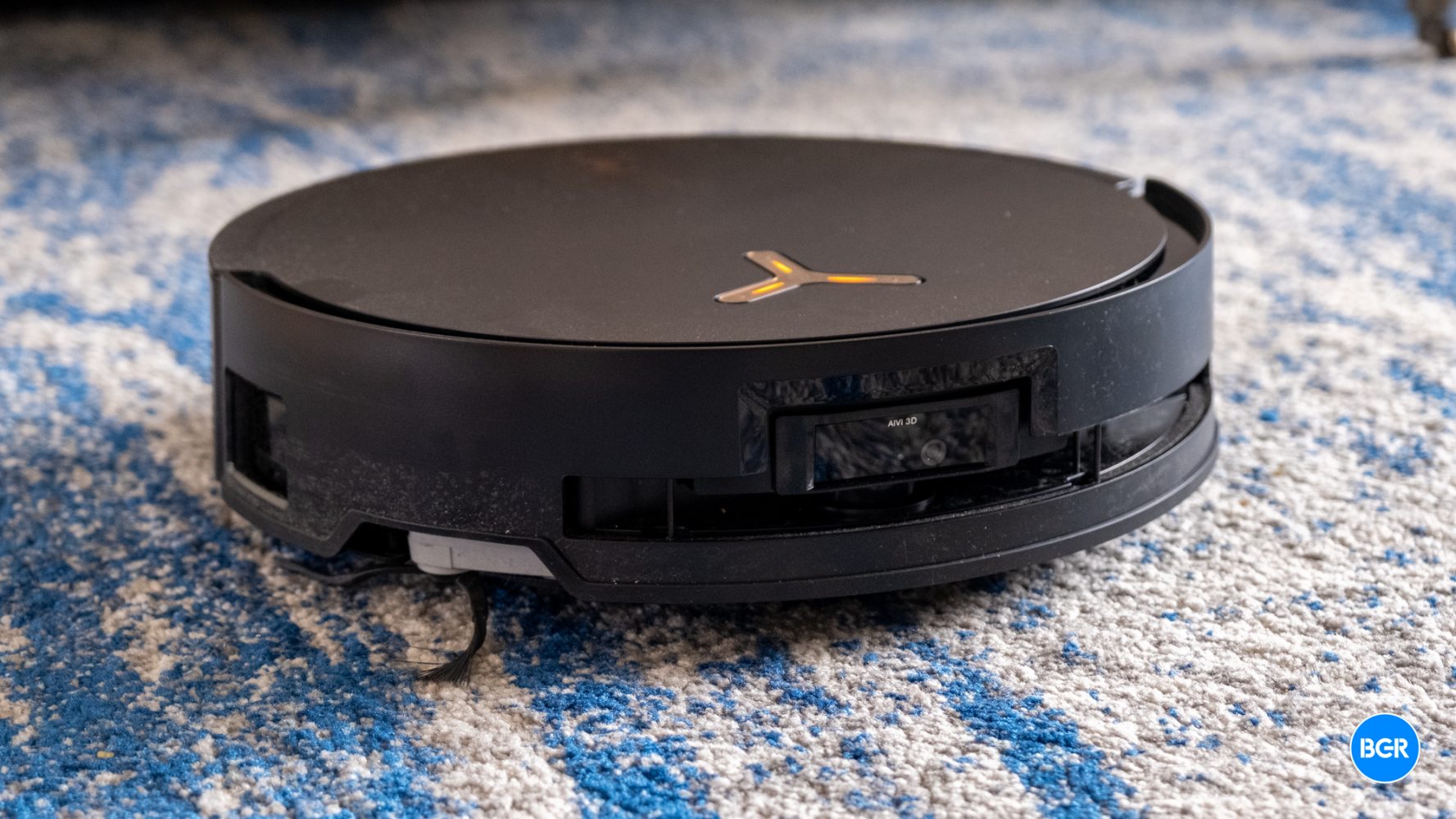Photo: philsajonesen/Getty Images More than half of providers and 43% of payers have yet to start work on the application programming interface requirements of the interoperability and prior authorization final rule, according to a survey by the Workgroup for Electronic Data Interchange. The WEDI baseline survey shows many providers and payers have yet to start implementing the requirements of the Centers for Medicare and Medicaid Services' Advancing Interoperability and Improving Prior Authorization Final Rule that goes into effect in 2026 and 2027. One challenge for payers is sufficient funding.
An estimated 35% of payers surveyed approximate the API implementation cost at between $1 million and $5 million. Providers are also listing funding as a concern, with 44% saying they are unsure of the total cost for implementing the final rule and training their employees. Eighty-four percent of clearinghouses, and 81% of vendors plan to assist payers and providers comply with the requirements of the rule.

"The survey results suggest that a substantial percentage of both payers and providers have not yet started to implement these API mandates, or have only partially completed their implementation efforts," said WEDI Executive Director Robert Tennant. When payers who are not required to implement the final rule were asked if they would be implementing the rule's requirements, 50% indicated their organization is currently considering this and 50% responded "unsure," according to WEDI. WHY THIS MATTERS The rule, emphasizing the need to improve health information exchange and move the industry toward electronic prior authorization, was released in January 2024, but provisions take effect in 2026 and 2027.
In response to stakeholder comments on the proposed rule, CMS said that impacted payers have until at least Jan. 1, 2027, to meet the API development and enhancement requirements. The majority of WEDI respondents were supportive of staggering implementation of the three prior authorization requirements: Coverage Requirements Discovery (CRD), Document Templates and Rules (DTR) and Prior Authorization Support (PAS), which are currently required to be implemented Jan.
1, 2027. "These API requirements are very complex, and for many stakeholders, they represent a completely new approach to data exchange. It is not surprising that identifying funding, modifying business workflows and determining a cohesive enterprise strategy for interoperability were cited by many as critical challenges," Tennant said.
Key Survey Results Payer Responses: Provider Responses: Clearinghouse Responses: Vendor Responses: Additional survey results: "WEDI plans to repeat this survey on a regular cadence until the January 2027 compliance date to track the industry's progress in meeting these requirements," Tennant said. The survey questionnaire, developed by WEDI leadership and the WEDI Prior Authorization Subworkgroup, was open to the industry this January and February. WEDI received 243 responses.
Of these, 45% were from payers, 21% from providers, 9% from clearinghouses and 25% from vendors. THE LARGER TREND Dates of implementation of the final rule are as follows, according to CMS: API requirements take effect Jan. 1, 2027.
Operational provisions take effect Jan. 1, 2026. Patient Access API and prior authorization decision timeframes and denial reason requirements take effect in 2026.
Effective Jan. 1, 2026, impacted payers will need to annually report metrics of aggregated de-identified data to CMS about patient use of the Patient Access API. Beginning Jan.
1, 2027, impacted payers are required to include certain information about patients' prior authorization requests and decisions. This excludes drugs. Provider Access API and Payer-to-Payer API requirements take effect Jan.
1, 2027. Beginning Jan. 1, 2027, payers must implement and maintain a Provider Access API to share patient data with in-network providers.
The API must make available individual claims and encounter data, data classes and data elements in a content standard adopted by the Office of the National Coordinator (ONC), as well as specified prior authorization information, excluding drugs. Also, impacted payers must develop an attribution process to ensure payers only send data to providers on patients with whom they have a treatment relationship. Payers must maintain a process that gives patients the ability to opt out of having their health information available and shared.
Patient and provider educational resources on API go into effect Jan. 1, 2027. Prior authorization API goes into effect starting Jan.
1, 2027. Improving prior authorization processes begins Jan. 1, 2026.
This includes sending prior authorization decisions within seven days and expedited decisions within 72 hours. The final rule's impacted payers include Medicare Advantage organizations, state Medicaid and Children's Health Insurance Program agencies, managed Medicaid plans and CHIP managed care entities and Qualified Health Plan issues on the Affordable Care Act exchanges. Impacted providers include hospitals and critical access hospitals participating in the Medicare Promoting Interoperability Program; Clinicians participating in MIPS (Merit-based Incentive Program) Promoting Interoperability performance category.
Email the writer: [email protected].
Technology

Many payers, providers unprepared for interoperability and prior authorization rule, WEDI finds

Enterprise Taxonomy: InteroperabilityLegislationComplianceRegulationData and InformationPublic PolicyNode settings: Exclude from Accelerate RSS feed















